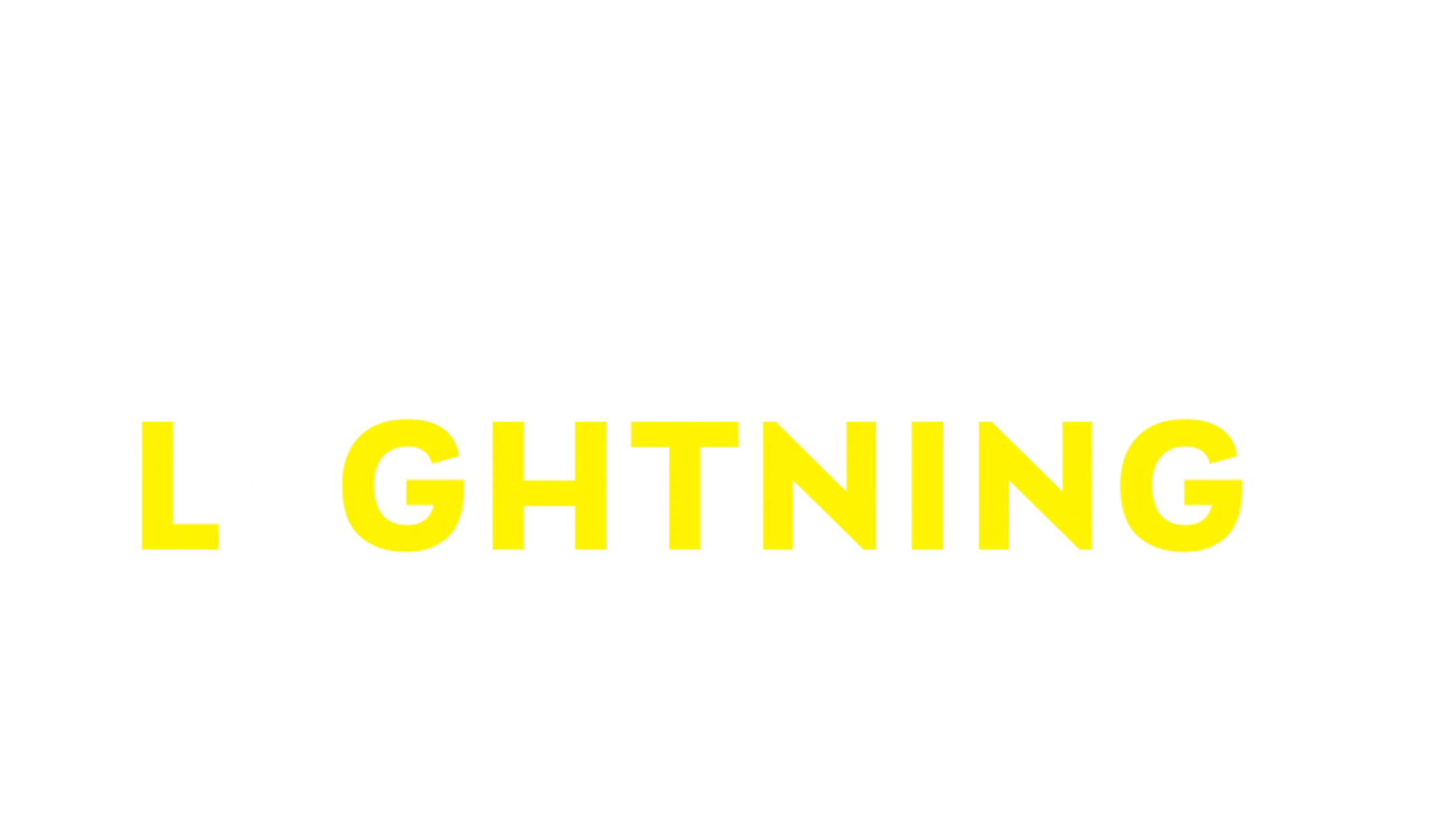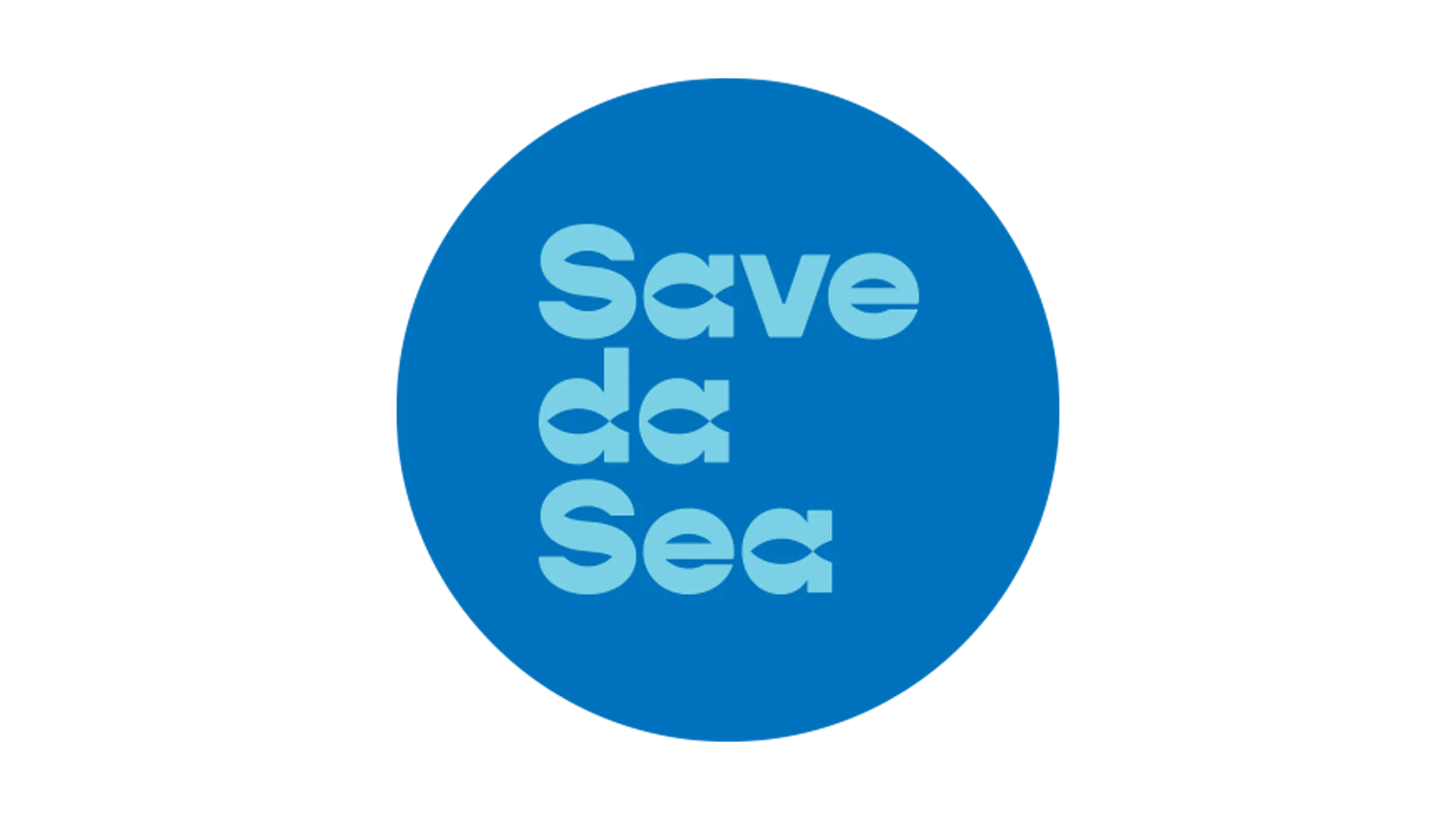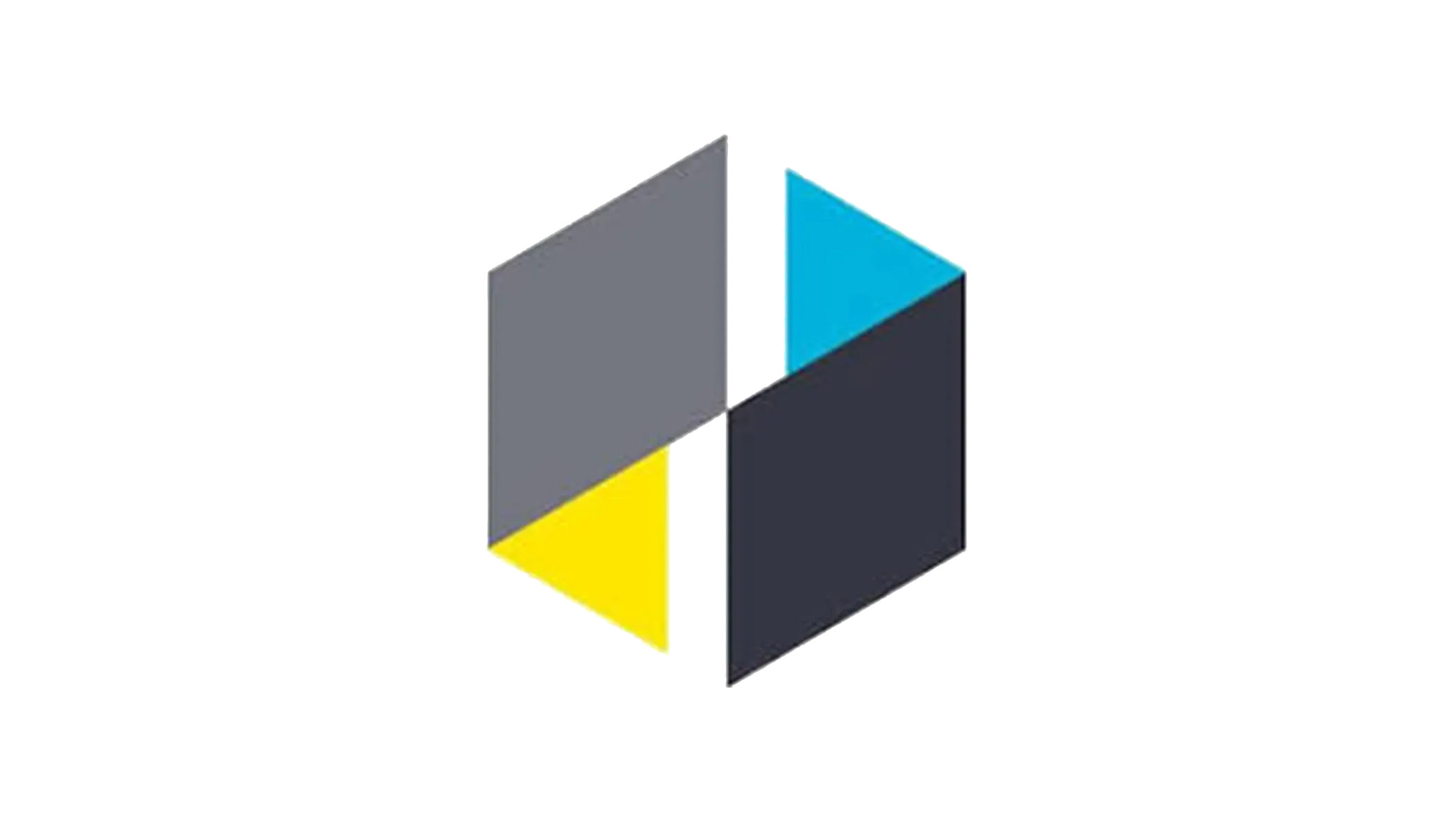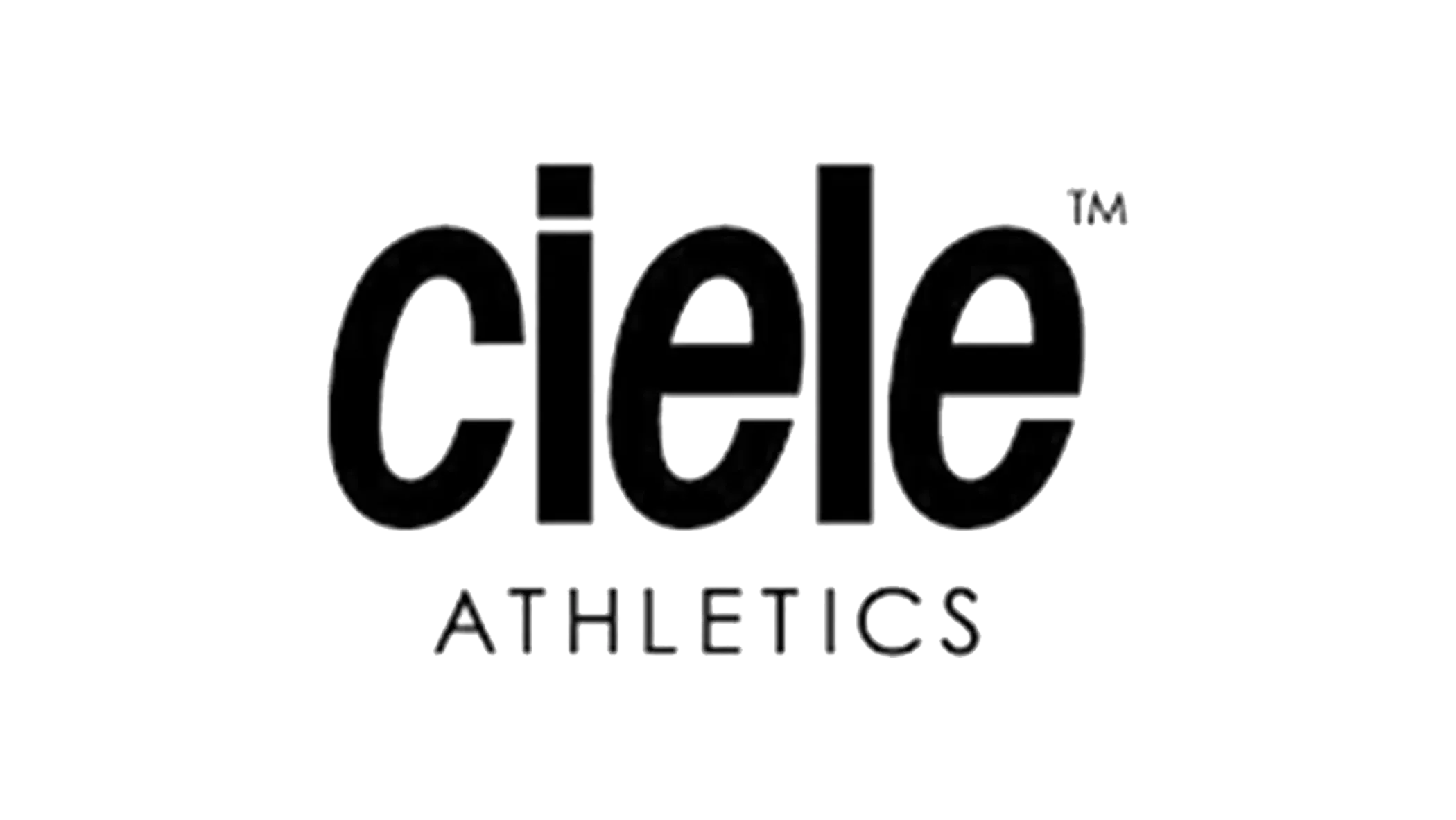Students
Get hands-on climate experience.
Join the Clinic to apply carbon accounting and sustainability skills with real businesses. Apply your skills, build your portfolio, and make a direct impact on Canada’s climate transition.
SMEs
Measure your emissions. Strengthen your business.
Work with trained UBC students to calculate your carbon footprint. You’ll receive a customized emissions report and insights to support ESG goals, B-Corp certification, or supplier requirements.
Supply Chain Partners
Support your suppliers. Build climate capacity.
Nominate SMEs in your supply chain to receive carbon accounting support. Help them deliver the data you need—while advancing your own Scope 3 reporting and climate goals.
SME
Benefits
Both students and SMEs will acquire hands-on experience in emissions calculation and learn to navigate sustainability reporting challenges. There is a potential for the project to support ongoing emission management and demonstrate SMEs' climate commitments. By participating, SMEs can expect the following outcomes:
- Baseline Carbon Footprint Report: A detailed analysis of your current Scope 1 and Scope 2 emissions, with some Scope 3 analysis, providing a foundation for tracking progress.
- Emission Reduction Plan: Recommendations for strategies to reduce carbon emissions based on the identified primary sources.
- ESG Reporting Guidance: Assistance with completing ESG questionnaires, essential for transparency with large customers and stakeholders.
In the future, SMEs will benefit from benchmarking analysis to understand their competitive stance on emissions and from continued education for sustainable emissions management within their teams.
How to get involved
The BMO SME Climate Clinic presents a unique collaborative opportunity for SMEs interested in ESG reporting or seeking B-Corp certification.
Eligible businesses should meet the following criteria:
This partnership is especially beneficial for SMEs aiming to establish their baseline carbon footprint, focusing on Scope 1 and Scope 2 emissions. Such companies may have already faced or anticipate receiving ESG-related inquiries from large clients, including entities like UBC or the provincial government. The BMO SME Climate Clinic is a forward-thinking program designed to bolster SMEs' capabilities by providing the necessary support to assess carbon footprints, identify priority reduction strategies, and adeptly respond to questionnaires from significant customers, among other needs.
- Staffing under 100 employees.
- Generating annual revenue from $1 million to $20 million.
- Operating primarily from less than 3 manufacturing facilities, where applicable.
If you are unsure whether you meet the criteria or not, please feel free to express your interest, and we can confirm whether your organization is applicable.
To express your interests and join our September 2025 cohort, please complete the registration form here:
Contact Executive Director, Centre for Climate and Business Solutions, Kookai Chaimahawong: kookai.c@sauder.ubc.ca
New! Tools & Resources for SMEs
We’ve created practical tools and resources to help small and medium-sized enterprises (SMEs) measure and reduce their carbon footprint. These resources provide clear guidance on carbon accounting, enabling businesses to accurately track, manage, and lower their emissions.
Our past participants







![]()



![]()
![]()
![]()
![]()
![]()
![]()
![]()
![]()
Frequently asked questions
-
There is zero cost to SMEs to participate in the BMO SME climate clinic.
-
The project will take place between the following months, depending on the term.
- Term 1 (October/November)
- Term 2 (February/March)
As the nature of operations and organizational structures differ across companies, it's difficult to specify the exact number of hours; however, the information-gathering phase is typically completed within two weeks. We request that all SMEs sign a document ‘Terms of Agreement’ to ensure commitment, timeliness and efficiency of this project.
-
SMEs are expected to designate a champion within their organization, ideally with access to someone in Finance or Accounting, who can assist in gathering the required data. This includes information on fuel usage or travel distances, electricity bills, natural gas bills, and, depending on the extent of scope 3 work (indirect emissions), details on purchase and shipping records, as well as expense claims for air travel emissions.
-
All students and UBC Sauder team members involved in the project are required to sign a Non-Disclosure Agreement (NDA) before the program begins to ensure the confidentiality of any data and information shared by the company.
-
SME’s can expect the following deliverables from student concluding the program.
- Baseline Carbon Footprint Report: A detailed analysis of your current Scope 1 and Scope 2 emissions, with some Scope 3 analysis, providing a foundation for tracking progress.
- Emission Reduction Plan: Recommendations for strategies to reduce carbon emissions based on the identified primary sources.
- ESG Reporting Guidance: Assistance with completing ESG questionnaires, essential for transparency with large customers and stakeholders.
If you would like to see a sample of the final deliverables, please feel free to reach out.
-
SMEs can register their interest directly on the website with this link. Once registered, we will invite you to an info session and Q&A in the months leading up to the start of the program. If you cannot make it, we will have the sessions recorded and we can send over the link!
-
After participating in the BMO SME Climate Clinic, we invite companies that want to continue in their efforts to reduce emissions to stay involved by continuing to work with the Centre for Climate and Business Solutions. Please email climatecentre@sauder.ubc.ca for more details.
Additionally, we’ve created practical tools and resources to help small and medium-sized enterprises (SMEs) measure and reduce their carbon footprint, found at the following link. These resources provide clear guidance on carbon accounting, enabling businesses to accurately track, manage, and lower their emissions.
“Partnering with SME Climate Clinic has been an invaluable experience for our team at Ciele Athletics. Their proficiency and passion in GHG emissions tracking provided us with a clear understanding of the different scopes and areas of concern within our operations. They guided us through data analysis, breaking it down into actionable insights that have enabled us to take meaningful steps toward sustainability. Their collaborative approach and depth of knowledge have been instrumental in helping us align our goals with our commitment to responsible product development. We are incredibly grateful for their support and look forward to continuing our journey working with them.”
- Ciele Athletics
Students
Benefits
As part of the course’s experiential learning component, students engage directly with small businesses to address real-world sustainability challenges. This hands-on collaboration deepens their understanding of carbon accounting and ESG reporting while offering tangible support to businesses on their climate journeys. Students go beyond theory to develop practical, career-ready skills that are essential for driving impact in sustainability and accounting. These include:
- Carbon Footprint Analysis Skills: Learn how to calculate Scope 1 and Scope 2 emissions, with introductory exposure to Scope 3, and develop a baseline emissions report for a real business.
- Strategy Development: Identify key emission sources and recommend practical reduction strategies, helping businesses chart a path toward lower emissions.
- ESG Reporting Insight: Assist businesses in navigating ESG questionnaires and disclosure expectations, especially in response to growing pressure from larger customers and stakeholders.
- Applied Learning: Understand the real-world barriers and opportunities that small businesses face in sustainability reporting, giving context to classroom concepts.
How to get involved
Enrollment in COMM486E: Climate-focused ESG Reporting and Analysis, which begins in January 2024, is a prerequisite for participation in the BMO SME Climate Clinic. This course provides a thorough understanding of climate reporting for businesses of varying sizes. It includes a hands-on project where students collaborate with an SME to calculate its carbon footprint.
Note: this course is designed for 3rd and 4th undergraduates, as well as graduate students.
What students have to say
This course gives students real industry experience by pairing them up with an SME. I felt like while challenging, this was an extremely valuable experience that I have not had in any other course!
Supply Chain Partners
Benefits
Tracking Scope 3 emissions—those generated by suppliers and partners—is one of the most challenging aspects of corporate sustainability. By supporting SMEs in your supply chain, your organization can:
- Enhance Scope 3 Emissions Accuracy – Gain more precise emissions data from suppliers, improving your overall carbon accounting.
- Improve Reporting & Compliance – Enhance carbon disclosure quality for frameworks like CDP (Carbon Disclosure Project), TCFD (Task Force on Climate-Related Financial Disclosures), and SBTi (Science-Based Targets initiative).
- Achieve Climate Goals – Support your company’s net-zero and ESG commitments while empowering SMEs to take meaningful climate action.
- Strengthen Supply Chain Resilience – Build a more sustainable and competitive supplier network
How to get involved
If you are interested in becoming a Supply Chain Partner for the SME Climate Clinic, please email climatecentre@sauder.ubc.ca
Our past participants

UBC Sauder’s Centre for Climate and Business Solutions Launches SME Climate Clinic
On March 27th, 2024, the UBC Sauder's Centre for Climate and Business Solutions and the Bradshaw Research Institute for Minerals and Mining joined forces to host a thought-provoking symposium titled "Mining for a Sustainable Future." This event aimed to spark critical discussions and build collaborations within the research community focused on innovative and responsible mining practices.


